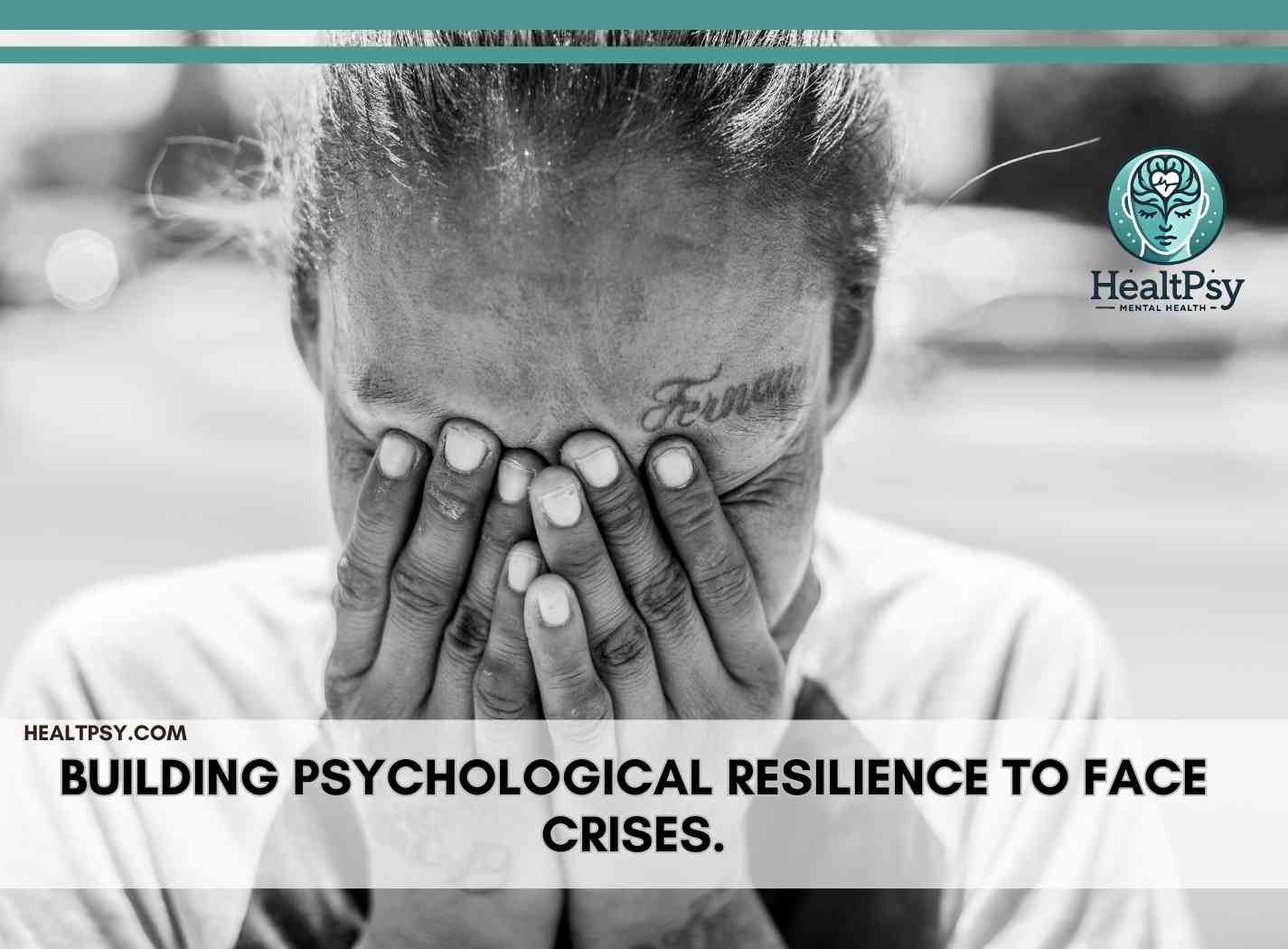5 Best Types of Psychological Therapy and How to Choose the Right One
Introduction
Psychological Therapy is a vital tool for improving mental health, overcoming challenges, and building emotional resilience. With various therapy types available, choosing the right one for your unique needs can seem overwhelming. This article explores the five most effective types of Psychological Therapy and provides guidance on selecting the best fit for your circumstances.
For more guidance on seeking Psychological Therapy, read How to Consult a Psychologist.
What Are the Types of Psychological Therapy?
Psychological Therapy encompasses diverse approaches tailored to address specific mental health challenges. Below are five of the most commonly practiced types:
1. Cognitive Behavioral Therapy (CBT)
CBT is a structured approach that focuses on identifying and changing negative thought patterns. It is highly effective for treating anxiety, depression, and obsessive-compulsive disorder (OCD).
- Goal: Replace negative thoughts with positive, constructive ones.
- Best for: Anxiety disorders, depression, PTSD, and phobias.
📌 Learn more about CBT Benefits and Applications.
2. Psychodynamic Therapy
This therapy delves into unconscious emotions and past experiences to uncover the root causes of psychological distress. It aims to help individuals gain insight into their behavior and emotions.
- Goal: Resolve deep-seated emotional conflicts.
- Best for: Relationship issues, unresolved trauma, and self-awareness.
📌 According to the Managing Psychological Stress section on our website, Psychodynamic Therapy is particularly effective for long-term personality growth.
3. Humanistic Psychological Therapy
Humanistic Psychological Therapy emphasizes personal growth and self-fulfillment. Therapists provide a supportive environment that encourages clients to explore their feelings and develop self-awareness.
- Goal: Promote self-acceptance and personal growth.
- Best for: Low self-esteem, existential crises, and life transitions.
📌 Research shows that Humanistic Therapy enhances self-confidence and emotional stability.
4. Family and Couples Therapy
This type of therapy focuses on improving communication and resolving conflicts within relationships. It is particularly beneficial for addressing family dynamics and marital challenges.
- Goal: Strengthen relationships and improve communication.
- Best for: Family conflicts, marital issues, and parenting challenges.
📌 A study from the National Health Service (NHS) indicates that Family Therapy reduces interpersonal stress by up to 60%.
5. Dialectical Behavior Therapy (DBT)
DBT combines cognitive and behavioral strategies with mindfulness practices. It is particularly effective for individuals struggling with emotional regulation.
- Goal: Develop coping strategies for managing intense emotions.
- Best for: Borderline personality disorder, self-harm, and emotional dysregulation.
📌 Discover how mindfulness and meditation can support emotional regulation in our article Mindfulness and Meditation for Stress Relief.
How to Choose the Best Psychological Therapy for Your Needs
Choosing the right Psychological Therapy depends on your specific mental health needs, preferences, and goals. Here are some practical steps to guide you:
1. Identify Your Goals
Start by understanding what you want to achieve through Psychological Therapy. Whether it’s managing anxiety, resolving past trauma, or improving relationships, having clear goals will help you and your therapist tailor the treatment.
2. Consult a Professional
A licensed mental health professional can assess your situation and recommend the most suitable Psychological Therapy approach based on your condition.
3. Consider Your Preferences
Think about what type of therapy setting you prefer—individual, group, or family therapy—and whether you are comfortable with face-to-face sessions or online therapy.
4. Research Therapy Types
Understanding the basics of different therapy types can help you make an informed decision. For example, if you value structured sessions, CBT might be a good fit, while those seeking deeper emotional exploration may prefer Psychodynamic Therapy.
📌 Read How to Choose a Good Psychological Counselor.
Benefits of Psychological Therapy
✔ Improves emotional resilience and coping skills.
✔ Helps in identifying and resolving underlying issues.
✔ Enhances communication and interpersonal relationships.
✔ Supports personal growth and self-awareness.
📌 Learn about Therapy’s Impact on Mental Health.
Conclusion
Psychological Therapy offers diverse approaches to address mental health challenges and improve overall well-being. By understanding the different types of therapy and consulting a professional, you can find the best fit for your needs.
Start your journey toward mental health improvement today and take proactive steps toward a healthier, more fulfilling life.
📌 Visit the official NHS Mental Health Services page to learn more about mental health support options in the UK.
you might also like





